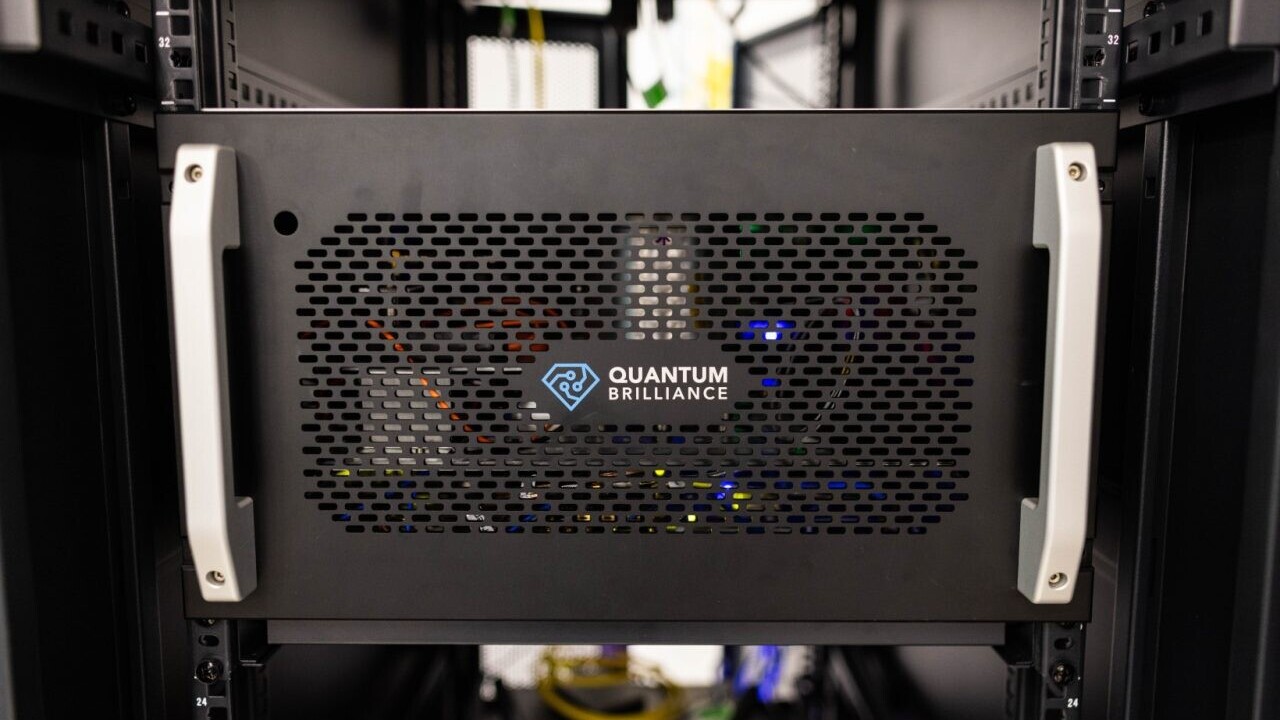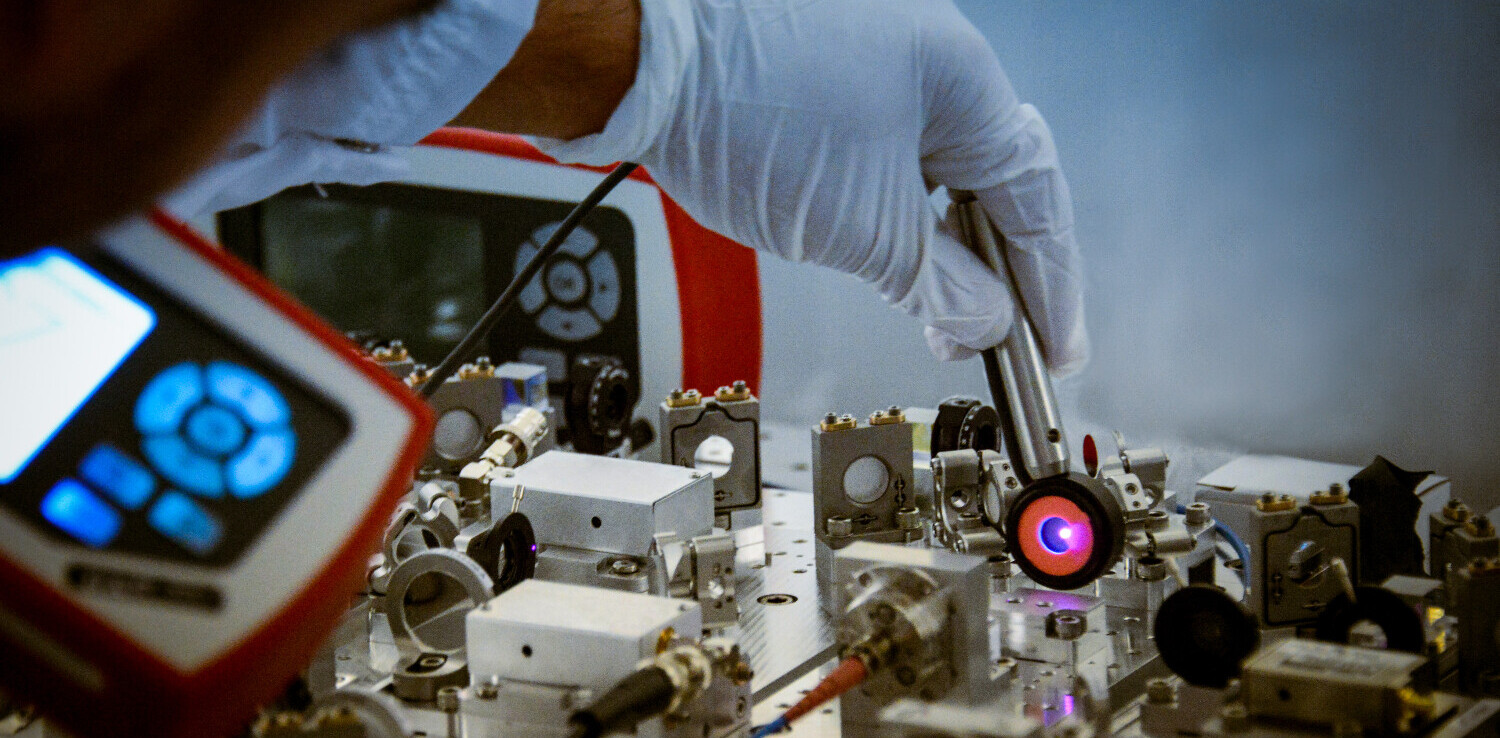
Australian-German startup Quantum Brilliance has raised $20mn in Series A funding as it looks to deploy small, portable quantum accelerators that promise to supercharge the computational power of everything from data centres and robots to satellites.
A quantum accelerator is a specialised hardware unit that speeds up specific quantum algorithms, or tasks. They act as co-processors to classical computers, such as CPUs or GPUs, taking on specific quantum calculations.
Austrian deep tech fund Main Sequence, In-Q-Tel (IQT) in the US, and Japan’s Intervalley Ventures led the funding round. “It represents a significant step forward as we advance the design, performance, and manufacturability of diamond quantum devices,” said Quantum Brilliance CEO Mark Luo.
Founded in 2019, Quantum Brilliance uses diamonds in its accelerators, allowing them to operate at room temperature, unlike most quantum systems that need super-cooling. The result is quantum devices that are portable and energy-efficient, making them particularly useful for large-scale deployment in edge devices.
“Diamond quantum technology holds immense promise for developing compact and ruggedised quantum sensors and accelerators,” said Nat Puffer, managing director at IQT. “We believe this technology will play a pivotal role in addressing strategic challenges across industries and critical national priorities.”
Last year, Quantum Brilliance announced a strategic partnership with Oak Ridge National Laboratory in the United States, home to Frontier, the world’s first exascale supercomputer. The startup will install its diamond accelerators alongside the laboratory’s high-performance computing (HPC) systems to explore the potential of combining quantum computing with classical computing.
In addition, Germany’s cybersecurity agency awarded Quantum Brilliance a $15mn contract in September to deliver the world’s first mobile quantum computer by 2027. A mobile quantum computer could perform complex calculations on-site instead of relying on data centres or cloud access.
Quantum computers are rewriting the rules of computing, tapping into the mind-boggling magic of quantum physics to tackle problems regular machines can’t touch. Powered by qubits that can juggle multiple states at once, they’re built to crack optimisation puzzles, simulate complex systems, and revolutionise encryption — at blistering speeds.
Interest in quantum computing has been abuzz since Google unveiled an experimental machine that was able to solve a mathematical equation in five minutes that a traditional supercomputer could not master in 10 septillion years. The breakthrough brought the dream of quantum computing a step closer to reality. Nevertheless, Nvidia’s CEO Jensen Huang was quick to pour cold water on the hype, cautioning at CES 2025 that practical quantum applications are still 15-30 years away.
Get the TNW newsletter
Get the most important tech news in your inbox each week.





